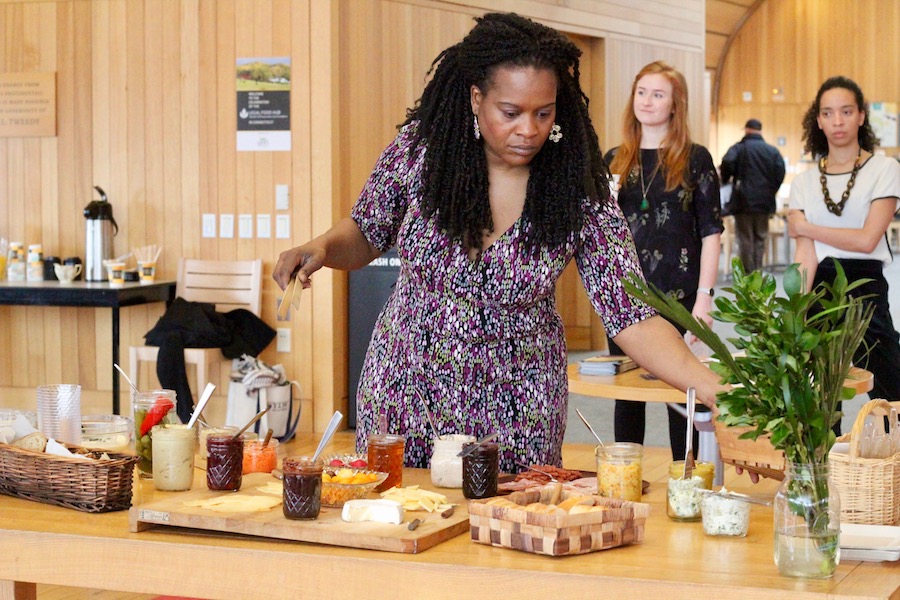
Farming | Food & Drink | Greater New Haven | Arts & Culture
 Chef Nadine Nelson, founder and director of GlobalLocal Gourmet, at the event. Lucy Gellman Photos.
Chef Nadine Nelson, founder and director of GlobalLocal Gourmet, at the event. Lucy Gellman Photos.
You’re a young farmer trying to negotiate a land transfer in Southern Connecticut. You’re struggling; there are all sorts of specifics you don’t know, and your finances are too tight to hire a lawyer. Just when you're thinking of calling it quits, you head to a local legal clinic you’ve heard about, where a pro bono lawyer is waiting to help you get things off the ground.
It makes the difference between not getting the transfer and securing the land.
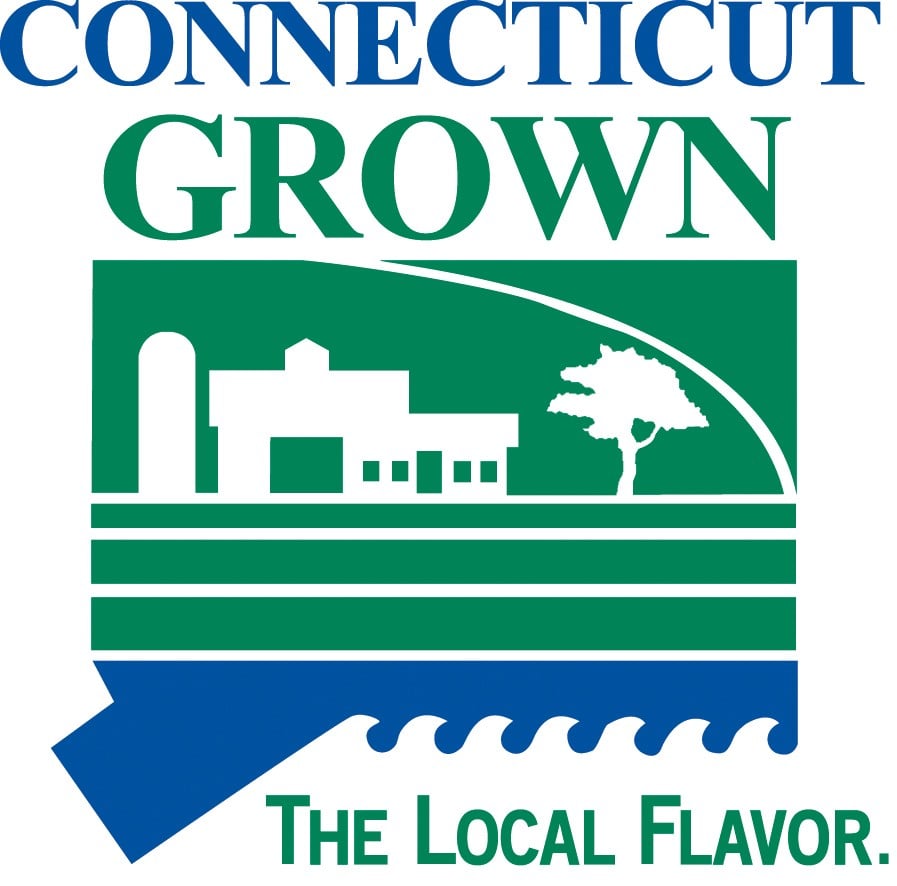 In recent years, the CT Grown label has been one of the most important legal assets for farmers. CT.gov Photo.
In recent years, the CT Grown label has been one of the most important legal assets for farmers. CT.gov Photo.
That’s the idea behind the new CT Legal Food Hub, the state’s first-ever service matching Connecticut farmers and food entrepreneurs with pro bono legal representation. A collaboration among the Conservation Law Foundation, The Ludwig Center for Community & Economic Development, and the Environmental Protection Clinic at Yale Law School, the hub launched Thursday morning at Kroon Hall in the Yale School of Forestry.
25 lawyers, legal advocates, farmers, food entrepreneurs and food justice advocates attended the launch.
A Boston-based environmental advocacy organization that serves all of New England, the Conservation Law Foundation started organizing legal food hubs in 2014, under the supervision of Senior Attorney and Farm and Food Director Jenny Rushlow. Each year, the foundation has added a new state: Maine, Rhode Island, and now Connecticut. To qualify, a farm, agricultural business or food entrepreneur must be making less than $30,000 per year in net revenue.
Rushlow said the hubs grew out of a need she’d observed in her pro bono work: Farmers, often strapped economically, were “living on the margins,” unable to afford or seek out legal assistance of which they were often in need. They teetered on the razor’s edge of sustainability, threatened by the complex landscape of land transfers and agricultural regulations.
“When you’re that close to the edge, it can only take one accident, one mistake to push you over the edge into losing your business,” she said.
“Supporting sustainable agriculture is essential to supporting New England’s economy, environment, and communities,” she added. “We saw an opportunity where the legal community could intersect with agriculture and food producers in a way that they hadn’t before.”
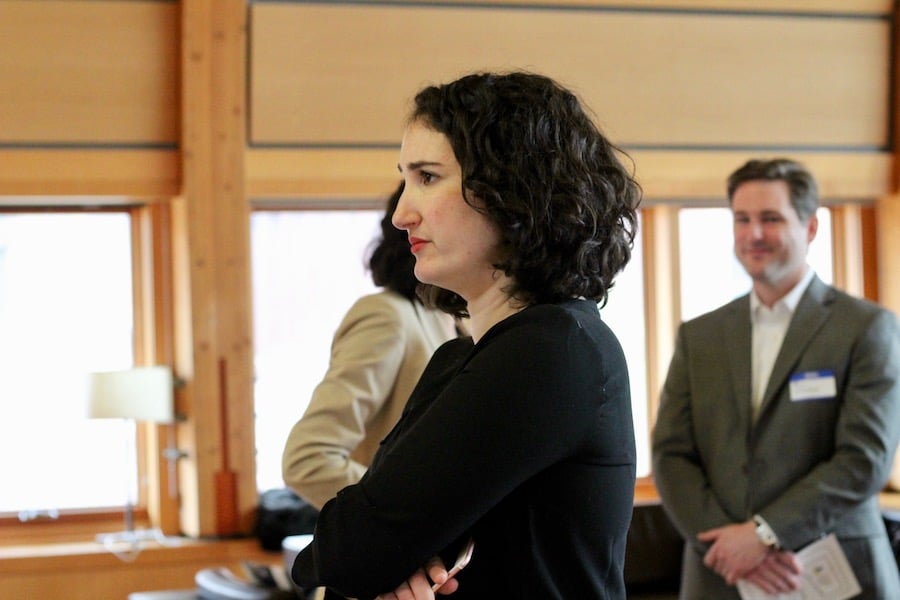 Rushlow: “When you’re that close to the edge, it can only take one accident, one mistake to push you over the edge into losing your business.”
Rushlow: “When you’re that close to the edge, it can only take one accident, one mistake to push you over the edge into losing your business.”
It comes at a time when farming in the state is changing. In the U.S. Department of Agriculture’s (USDA) 2012 census, the average age of Connecticut farmers was recorded at 58.7 years old, with at least 63 of farmers at 55 years. 75 percent of those farmers are men; 99 percent of them are white, and 54 percent have primary jobs away from their farms.
That aging population may lead to a great deal of turnover in farm real estate, said Rushlow—and “studies have shown that we are not very well prepared to handle that transition.” That leaves the state’s 6,000 farms—many of them family-owned, with farmland at $11,200 per acre—hanging in the balance.
Until now. Working with both farmers and food entrepreneurs across the state, Food Hub attorneys who have registered through a network will provide assistance for land transfer, nonprofit incorporation, new agricultural permitting, and other services. It’s a safeguard so fewer farms will fall through the cracks because they don’t have enough resources on their own.
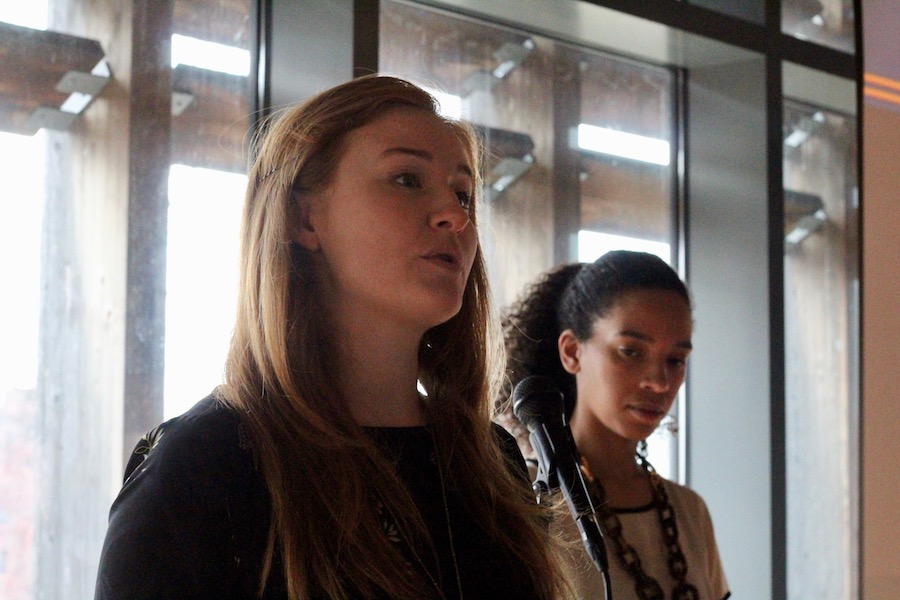 Chenault Taylor, with Lauren Hobby in the background.
Chenault Taylor, with Lauren Hobby in the background.
“When we reached out to other farms that were doing similar things, we found that many of them just weren’t complying with the regulations and were hoping that they would never be found out,” said Lauren Hobby, a law student who spent last year working with Soul Fire Farm in upstate New York. “That was unacceptable for us … this is work that’s too important to not do the right way.”
Even in its fetal stages, the hub has already helped farm and food advocates like Joey Listro, a founding member of The New CT Farmer Alliance. In fall 2017, Listro and other alliance members expressed interest in “moving from a grassroots organization to an incorporated organization that can serve our members better,” he said.
At the time, those members numbered 200 farmers from around the state, all of whom had been farming for 10 years or less. Through Food and Farm Legal Fellow Brian Fink, alliance members were able to connect with a several attorneys at Wiggin & Dana who took the work on pro bono, helping them inch toward nonprofit status.
It’s also helped food entrepreneurs like Sumiya Kahn and Amelia Reese Masterson, founders of CitySeed’s refugee-centric Sanctuary Kitchen program. As the two have added an incubator component to the program this year, they’ve found that the refugees with whom they’re working need legal assistance with the basics of starting a food business—entity formation, licensing, liability insurance, and Connecticut food laws.
“What’s exciting about that work is we’re able to refer those individuals to the legal food hub,” said Chenault Taylor, a second-year graduate student at the Yale School of Management who has been working with the program. “They’re going to be able to have sustained access to individuals who are really excited to work with them.”
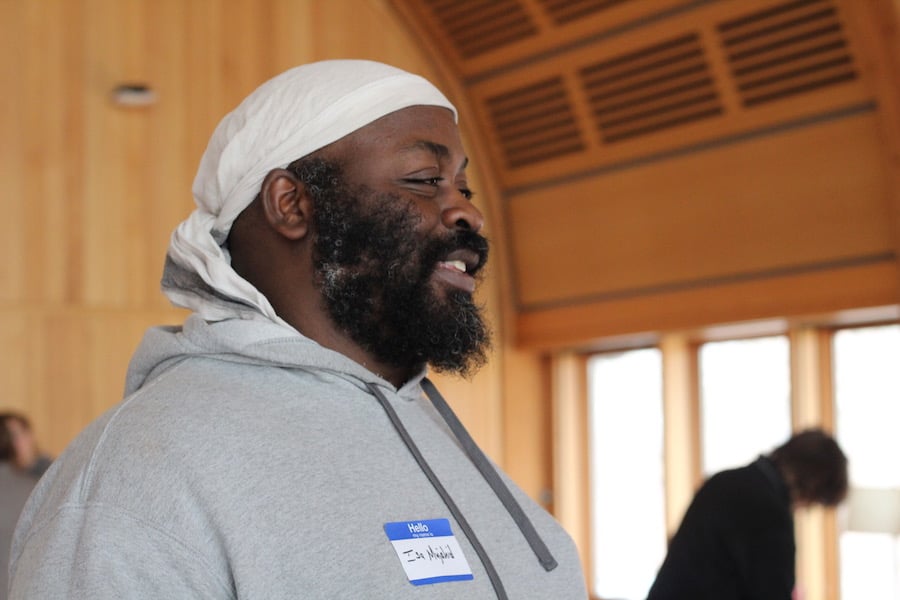 Isa Mujahid: “We don’t even know what we don’t know.”
Isa Mujahid: “We don’t even know what we don’t know.”
As one of its first steps, the CT Legal Food Hub is also rolling out a legal guide co-written by The Ludwig Center for Community and Economic Development at Yale Law School and The Environmental Protection Clinic at Yale Law School) with chapters on tax regulations, land transitions, and employment law. It is also extending a welcome to farmers and food entrepreneurs who may not know it exists, and trying to spread the word about its services.
“I think about how things have changed,” said Steven Reviczky, the state’s commissioner of agriculture. “We have young farmers, older farmers, people coming back to the farm, multi-generational farms … and I think that that is changing and has changed. I see a lot of younger people coming back to the farm, and I see a lot of individuals entering farming and agriculture.”
“For me, it is truly exciting,” he added. “The challenge is that people who aren’t steeped in agriculture don’t necessarily know the services available … unless you were born into it, how would you know that those services exist?”
For CTCORE-Organize Now! Director Isa Mujahid, that’s exactly what the hub is for. A longtime proponent of food justice and health equity in New Haven, Mujahid is interested in acquiring a farm for CTCORE, as a way to expand the organization’s mission of social and racial justice in the state of Connecticut.
“We don’t even know what we don’t know,” he said. “To be able to have a sounding board to ask those questions is really important.”

